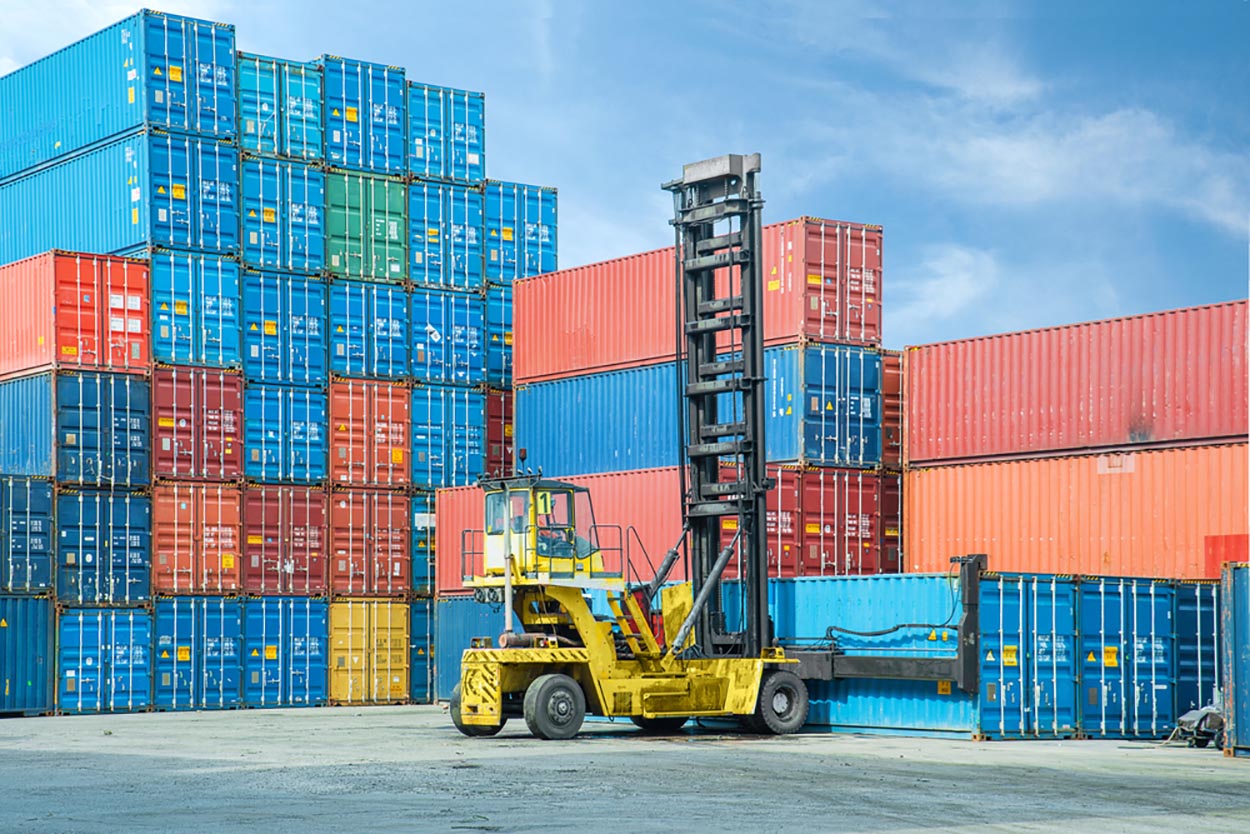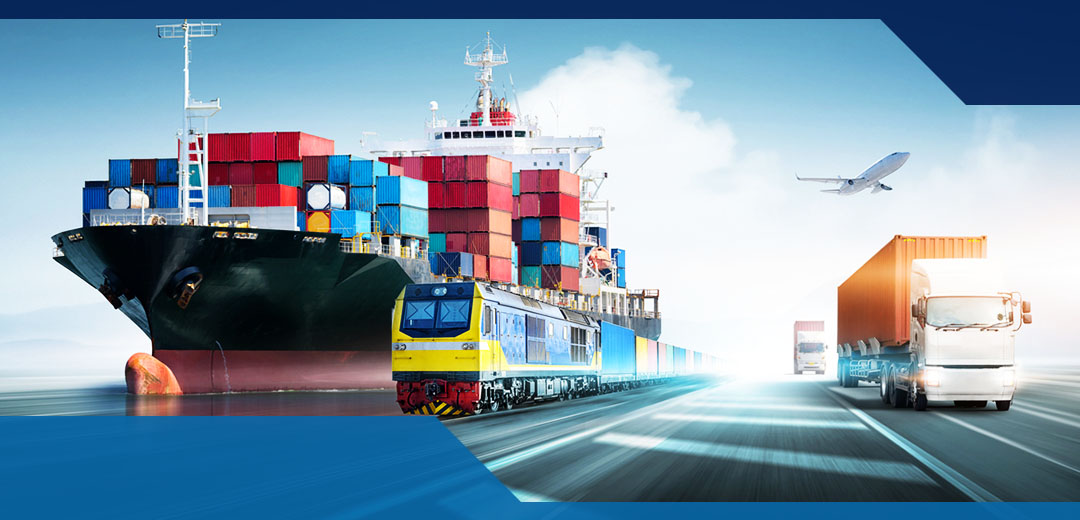Cargo Expedition: The Important Function in Modern International Trade
Cargo Expedition: The Important Function in Modern International Trade
Blog Article
Cargo transportation is a vital part of the global economy and facilitates the transport of commodities and goods around the world. It involves the logistics, transportation and distribution of different kinds of goods, ranging from raw materials to finished products. Whether through land, air or by sea, cargo transport allows businesses to gain access to international markets as well as consumers to purchase products across the globe. With the growth of industries and global trade increases, the significance for reliable and efficient transportation continues to rise. As technology advances and an ever-growing demand for speed, cargo operations are transforming the manner in which things are shipped which makes it an integral part for modern-day commerce.
One of the most important elements that make a cargo voyage successful is the diverse range of transport options available to fulfill specific shipping needs. Air freight is a well-known mode of transport due to its rapidity and security is typically used to ship high-value or time-sensitive goods like electronics, pharmaceuticals and clothing items. Ocean shipping on the contrary, is the most popular transport of bulk items, and offers cost-effective solutions for things such as grain, oil and machines. Land transportation, which encompasses trucks and railways, plays a crucial role in the delivery of last-mile goods and regional connectivity. When you integrate these modes into multimodal transportation infrastructures cargo operations, they maximize efficiency and decrease transit times ensuring goods reach their destinations according to schedule.
Technology has transformed the cargo transport industry, providing greater effectiveness, transparency and trust. Real-time tracking systems provide businesses with up-to-the-minute updates on their shipments, improving transparency and improving planning. Blockchain technology improves the transparency of supply chains by making secure and permanent evidence of both cargo and transactions moves. Artificial Intelligence is used to enhance routes, identify the likelihood of delays, and decrease cost, while automating warehouses facilitates the process of sorting and handling goods. The technological advances not only increase efficiency, but they also create trust between the various parties involved, which ensures the seamless delivery of goods and services in the ever-connected world.
Technology has played a pivotal role in the evolution of Cargo Expedition, significantly improving both the speed and accuracy of the shipments. The latest developments in tracking technology that include GPS and RFID can allow for real-time monitoring of goods in transit. Transparency benefits shippers and customers by providing accurate shipping updates, and insuring the safety and integrity of the goods. Digital platforms have also made it easier to manage the booking and documentation process and allow companies to handle the flow of their cargo more effectively. Through the use of sophisticated software, businesses can automate clearance of customs and the routes for shipping, and keep track of inventory, ultimately reducing errors made by humans and enhancing efficiency of overall service delivery. As technology continues to advance, the role of automation, artificial intelligence, and analytics of data in cargo operations will further enhance the effectiveness and efficiency of logistics across the globe. To acquire added information please click here now
The efficiency of cargo trips heavily depends on the skills and coordination of logistics professionals. These professionals manage intricate supply chains, ensuring conformity with international trade regulations and the requirements of customs. They are constantly working to identify and overcome potential challenges, such as delays, geopolitical tensions, or even weather-related disruptions. Their ability to communicate between different transportation modes as well as time zones and different languages is vital to ensuring the efficiency of global trade. Continuous education and training is essential to this industry which allows professionals to adjust to the technological advances and constant demands of the international market.
The increasing demand for cargo transport services is closely tied to the rapid growth of e-commerce changing the way products are bought and sold. Shopping online has led to a world-wide marketplace where products can be sold to clients across different continents, demanding faster and more reliable shipping systems. Online retailers, especially giants such as Amazon and Alibaba, have revolutionized the logistics industry through integrating sophisticated technology into their supply chains. This enables them to offer near-instant delivery times. The standard has been raised for other businesses, forcing them to invest in fast freight expedition services to stay in the game. While e-commerce grows, the need for streamlined and efficient services for cargo will be more critical as ever, altering the logistics infrastructures across the world and driving innovation within the industry.